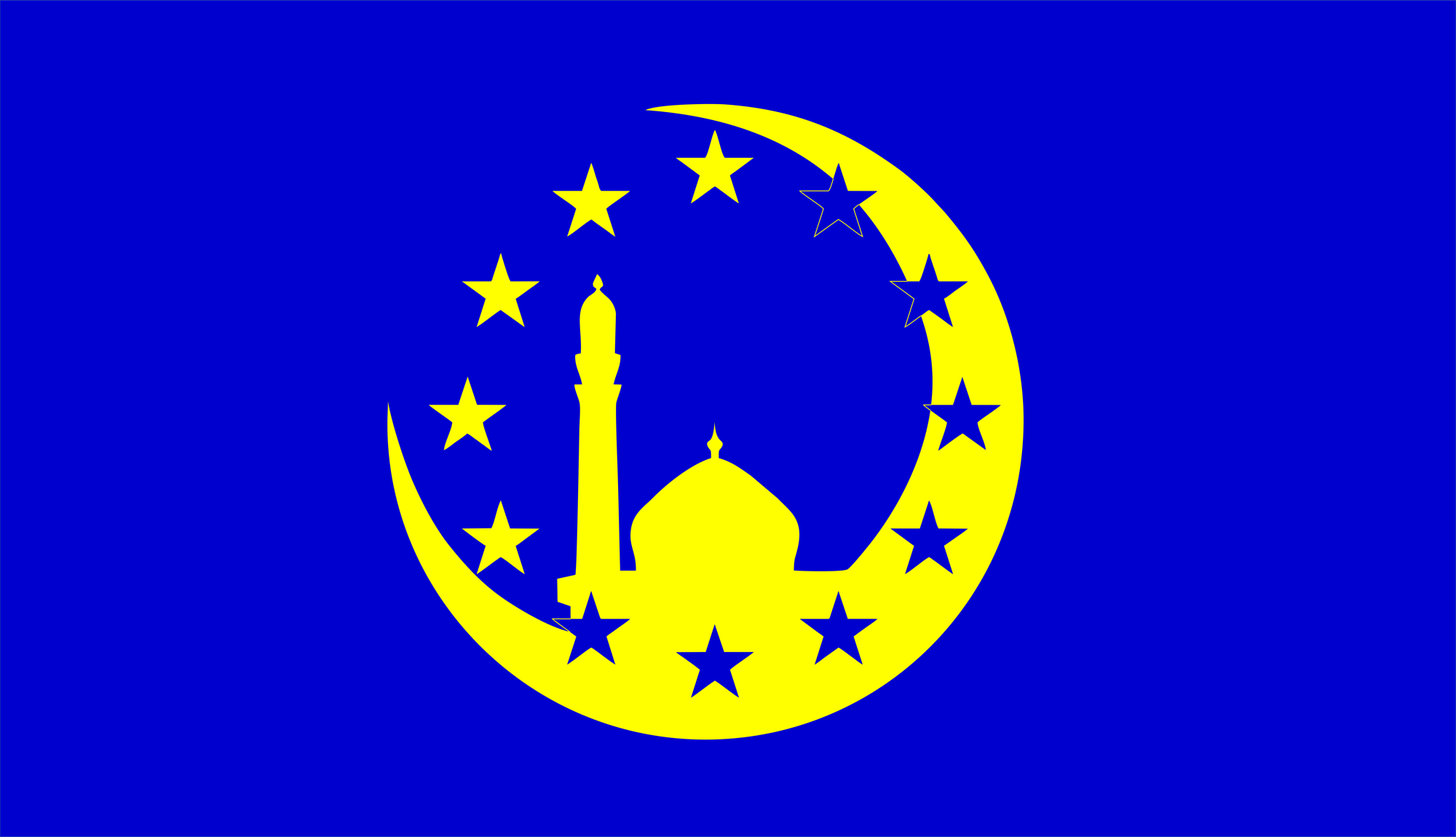 (Ephesians 5:1-20)
(Ephesians 5:1-20)
We are set free to a new life as God’s beloved children (Ephesians 5:1). Jesus accepted the consequences of our transgression by offering himself as a sacrifice on the cross (Ephesians 5:2).
This does not mean, however, that we should now live haphazardly, but that we should live as children of the light (Ephesians 5:8). This life is marked by love (Ephesians 5:4), gratitude (Ephesians 5:4), goodness, justice, truth (Ephesians 5:9) and wisdom (Ephesians 5:15).
Instead of spreading meaningless gossip (Ephesians 5:6), we always give thanks to Heavenly Father for everything in the name of our Lord Jesus Christ (Ephesians 5:19).
We have been transported from the kingdom of death into the kingdom of God where Jesus lights the way for us. Paul does not say: You were in darkness, but: You were darkness. Now you are light (Ephesians 5:8).
But the darkness has not been eradicated, not even among the new people in Christ, otherwise the author would not have to mention it.
The environment of the church in Ephesus at that time was characterized by immorality, greed and ungodly gossip. That is why Paul encourages an opposite way of life.
We should keep the clarity and radiance, even if everyone around us lives something else.
 David writes in Psalm 110 about the Messiah: “1 The Lord says to my Lord: Sit at my right hand, until I make your enemies your footstool. … 4 You are a priest forever after the order of Melchizedek.”
David writes in Psalm 110 about the Messiah: “1 The Lord says to my Lord: Sit at my right hand, until I make your enemies your footstool. … 4 You are a priest forever after the order of Melchizedek.” Subcultures are establishing themselves in Europe. The same rights no longer apply to everyone.
Subcultures are establishing themselves in Europe. The same rights no longer apply to everyone. (Ephesians 5:1-20)
(Ephesians 5:1-20) The angels announced to the shepherds in
The angels announced to the shepherds in  “Sing aloud, O daughter of Zion; shout, O Israel! Rejoice and exult with all your heart, O daughter of Jerusalem!”
“Sing aloud, O daughter of Zion; shout, O Israel! Rejoice and exult with all your heart, O daughter of Jerusalem!”